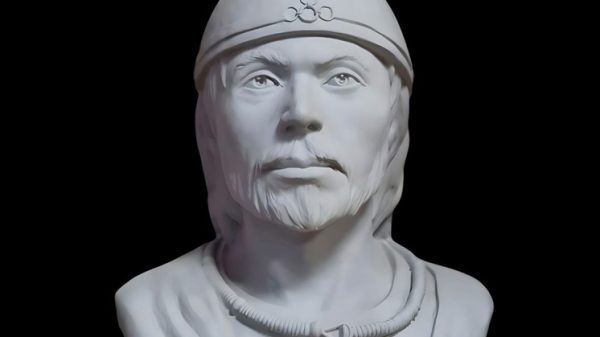A popular new game, Genshin Impact, is censoring words including Taiwan, Hong Kong, Falun Gong and Putin in the in-game chat function, according to players.
The role-playing quest game from Chinese developer miHoYo was released last week, in what has been called the biggest global launch of a Chinese game ever.
But users around the world have taken to social media to complain about an apparent auto-censorship function built into the in-game chat function.
Kazuma Hashimoto
(@JusticeKazzy_)
Here is a clip I just recorded. Just in case if this changes for whatever reason here is recorded proof. The entire word «Kong» has been censored in Genshin Impact. pic.twitter.com/JCWjOEUBaf
October 6, 2020
Words including “Taiwan”, “Hong Kong”, “Falun Gong” and the names of Hitler, Putin and Stalin, appear as asterixes when sent, according to players and gaming sites.
Chinese censorship or sensitivity to political terms and names is rife in gaming, with developers required to comply with Chinese regulations. In April the popular Nintendo Switch game, Animal Crossing: New Horizons, was removed from sale on major Chinese websites after it was used by Hong Kong activists to spread pro-democracy messages.
In July a mobile music game was removed from sale in China for “rectification and internal evaluation” after it was revealed the game’s music director wrote a song with a pro-Hong Kong message and hid it in morse code.
The Chinese Communist party’s sensitivity over Taiwan and Hong Kong has increased markedly this year. In June Beijing implemented a sweeping national security law on Hong Kong, designed to crush dissent and opposition by broadly banning acts of sedition, secession, foreign collusion and terrorism. Now illegal acts include using or possessing items calling for an independent Hong Kong, or shouting pro-independence slogans at protests.
Although the Chinese Communist party has never ruled Taiwan, it considers Taiwan a part of China and has accused the Taiwanese government of separatism. The CCP has never ruled out taking Taiwan by force, and is increasingly sensitive to foreign governments and politicians building relations with the island’s government or anything that affirms Taiwan’s claim of sovereignty.
Ahead of Taiwan’s national day on Saturday, Indian media reported the Chinese embassy’s press department had emailed Indian reporters asking them to “not violate the One-China principle”, which includes Beijing claim that Taiwan is a territory of the People’s Republic of China.
“In particular, Taiwan shall not be referred to as a ‘country/nation’, or ‘Republic of China’ or the leader if China’s Taiwan region as ‘President’, so as not to send the wrong signals to the general public.”
The embassy statement also inaccurately said the ‘One China Principle’ was the “universal consensus of the international community”.
Few countries have formal diplomatic ties with Taiwan, and various nations have their own domestic “One China” policies which range from recognition and tacit acceptance of Beijing’s principle, to ambiguously worded acknowledgements that don’t take an explicit position.
According to the Hindustan Times the embassy letter followed the publication in two Delhi newspapers of full-page advertisements issued by the Taiwanese government including a photograph of president Tsai Ing-wen and the text “Taiwan and India are natural partners”.






















































Свежие комментарии